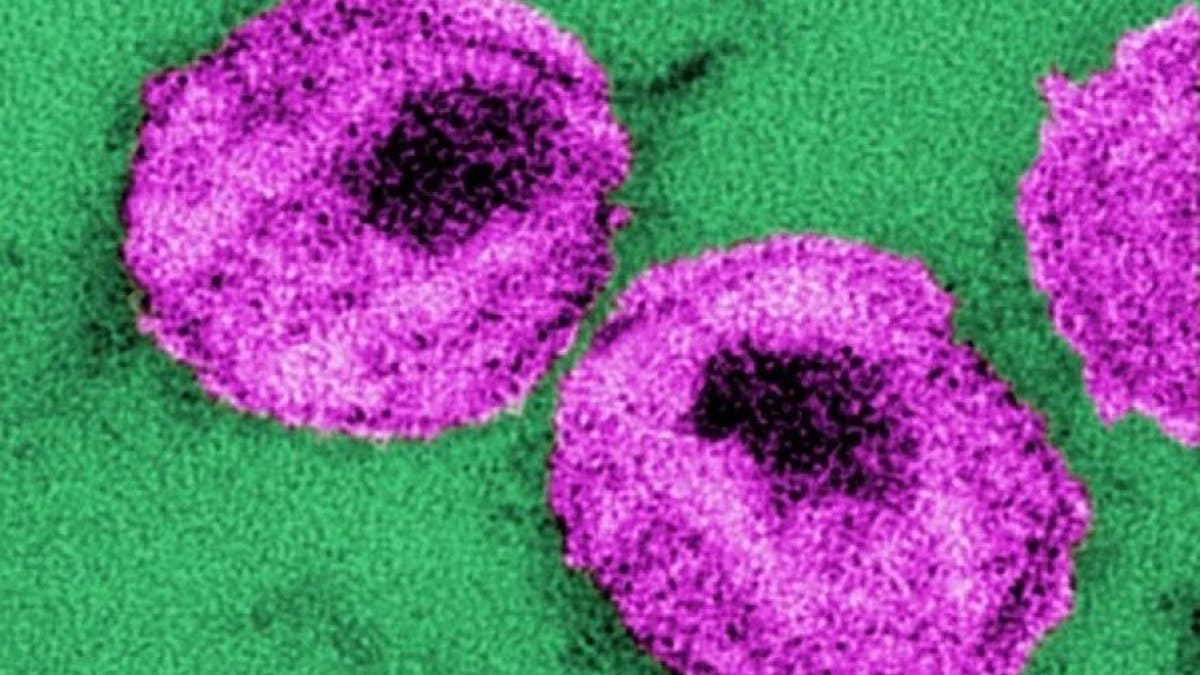
KAMPALA – Ida, 29, was six months pregnant when she suddenly felt abdominal pains and went to a government hospital in Kampala.
Like all pregnant women in Uganda, she was tested for HIV as part of routine screening for the virus. She lost her baby and was then given the news that she was HIV-positive.
"I was in a lot of pain and the situation was bad. They told me they were going to clean my womb. They took me to the examination room and asked me how many children I had. I told them I had four," she said, recalling the events of 2008.
"They were using English. I did not understand what they were saying because I never studied English. They told me they were going to give me treatment. Later when I gained consciousness I saw a dressing on my belly, but because I was in great pain, I couldn't ask questions."
After the miscarriage, Ida tried for some years to get pregnant again. Eventually, she went to another hospital, where she was examined and told her fallopian tubes had been cut. Without her knowledge, she had been sterilized.
Joy, who, like Ida, did not want to give her real name, was sterilized in 2003, when she was 21 years old. She had been admitted to hospital in Kampala to deliver her first child. She was HIV-positive.
"They told me after birth that they would give me an injection so that I wouldn't give birth again for five years - which I accepted,"," she told the Thomson Reuters Foundation.
"I didn't know until later that I had been sterilized. I found out when I visited a clinic because I kept getting stomach pains."
The doctor at the clinic asked to see her medical records which were with her uncle. When she asked to see the forms she learnt that her fallopian tubes had been cut and her uncle had signed the consent form.
"Upon hearing that, I started shedding tears. This has greatly affected my health. I just struggle to accept the situation," she said.
A 2015 study carried out in nine districts of Uganda by the International Community of Women living with HIV Eastern Africa (ICWEA) found 72 out of 744 HIV-positive women surveyed had been sterilized. Twenty of them had been forced to undergo the procedure, or it had happened without their consent.
Hajarah Nagadya of ICWEA said that 18 of the 20 forced sterilizations had been carried out in government hospitals, and two cases occurred in private clinics.
"These women need psychological support such as counseling because a lot is going through their mind," Nagadya said.
"Others want to consider a legal action, go to court and have the government compensate them."
A spokesman for Uganda's Ministry of Health said it was not government policy to sterilize women living with HIV/AIDS.
Asuman Lukwago, the permanent secretary at the ministry, said such cases of forced sterilization were a criminal offence. However, he said there may be exceptional circumstances in which doctors may decide to sterilize women if they believed their lives would be in danger in pregnancy.
According to UNAIDS 2015 estimates, Uganda has an HIV prevalence rate of 7.1 percent among adults aged 15 to 49. An estimated 790,000 women aged 15 and over are living with HIV in the east African country.
POWER
The ICWEA report said most violations of women's sexual and reproductive health rights - including forced sterilization - occurred during childbirth, particularly when women were delivering by Caesarean section.
Health workers have access to women's bodies and the power to do what they believe is right for women living with HIV, without asking for consent, the report said.
The survey found that sterilized women often suffered anxiety due to failure to conceive, feelings of worthlessness and feeling outcast from their families and communities.
The report also showed that sterilization could affect sexual relations including reduced sexual desire and painful intercourse.
Forced or coerced sterilization among women living with HIV is a global concern.
Some of the first cases related to HIV/AIDS to be documented were in a 2007 study in Namibia conducted by International Community of Women living with HIV/AIDS (ICW).
The study found that three of 30 participants in a training project for young women living with HIV said they had been sterilized without their informed consent.
In 2012, a Namibian court ruled that state hospitals illegally sterilized three HIV-positive women. The women were presented with sterilization forms just before or after giving birth, and weren't told what they were signing, the ruling said.
However, the judge did not feel there was sufficient evidence to prove that it was a discriminatory practice against women living with HIV.
In Uganda, none of the 20 women who underwent forced sterilizations had sought legal redress and said they felt there was no one to support them, the ICWEA report said.
"I have not heard of any organization or laws for addressing my problem," one of the women was quoted as saying in the report.
"I think the government should put in place a law and sensitize women about the issues related to sterilization and the laws that can support women living with HIV."
But in neighboring Kenya, where similar cases of forced sterilization have been reported, a group of women who had undergone forced or coerced sterilization were helped by lawyers in 2014 to sue the government.




















